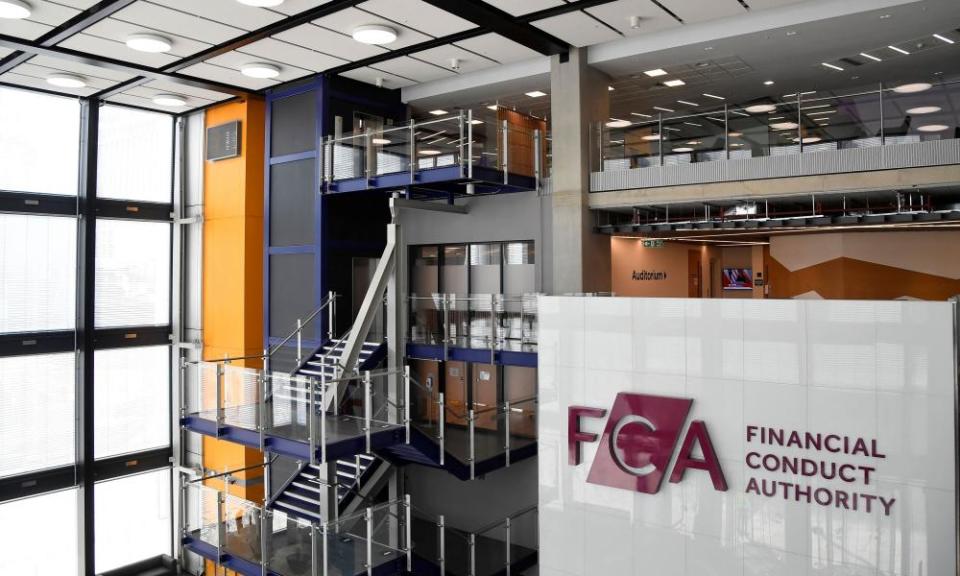Fund manager failed to declare benefits from Greensill, says UK regulator

The FCA revealed that Tim Haywood did not report a dinner at Buckingham Palace or a private jet trip to Sardinia
A star fund manager who invested £1.5bn of his clients’ money in the scandal-hit Greensill Capital failed to report a dinner at Buckingham Palace, a £15,000 private jet trip to Sardinia, or secret fees and share options offered to his company by the since-collapsed lender, an investigation by the UK City regulator has revealed.
The details emerged in final notices given to Swiss asset manager GAM and its former top fund manager, Tim Haywood, who will pay fines of £9.1m and £230,000 respectively for their failures. Both qualified for a 30% discount by agreeing to resolve the cases at an early stage, the Financial Conduct Authority (FCA) revealed on Wednesday.
GAM, which has significant operations in London, sacked Haywood in July 2018 with little explanation, causing shocked investors to withdraw their money from the absolute return bond funds he managed. His fund had invested in some of the debt issued by Greensill, although it returned all money to investors before Greensill collapsed in 2021.
Greensill, which employed former prime minister David Cameron as an adviser, collapsed early last year after investors lost confidence, in part because of its deep exposures to Sanjeev Gupta’s GFG metals empire, including Liberty Steel and major aluminium and mining assets.
Haywood first invested GAM money in assets created by Greensill in 2014, and by 2018 GAM’s investments had reached £1.5bn.
The FCA found that Haywood had breached GAM’s gifts and entertainment policy, by failing to declare the personal benefits he was receiving from Greensill, including “attendance at a charity dinner at Buckingham Palace on the invitation of an employee at Greensill” and using “a Greensill employee’s aircraft for a personal trip” to Sardinia. Cameron has also come under scrutiny for his use of Greensill’s private jet for personal trips to Cornwall.
The FCA said: “Although the FCA did not find evidence that Mr Haywood made investment decisions because of these gifts and entertainment, the fact that conflicts were not properly managed heightened the risk that he may have been incentivised to invest for personal interest.”
Greensill offered GAM a “fee ramp” worth $1.25m (£950,000) per year for investing in its funds, and also offered an equity warrant giving GAM the option to buy Greensill shares if it paid $15m.
GAM’s conflict of interest committee failed to meet for almost three years, and the company failed to properly consider conflict of interest issues, including around Greensill’s offer of share options to GAM, the FCA said.
Mark Steward, the executive director of enforcement and market oversight at the FCA, said: “A robust framework, properly implemented and followed by all staff, is required to manage any conflicts of interest. GAM failed to do this. In an asset manager, this is vital in ensuring decisions are taken for the benefit of the investors. Mr Haywood’s disclosure failings are equally serious ones.”
GAM said the FCA had taken into account “the enhancements to the conflicts of interest framework, which had been made since the shortcomings occurred between 2014 and 2018”.
“These steps also included refreshing the senior management team and significantly strengthening governance, control frameworks, policies, and training. All the lessons learned from that period are fully embedded in the firm and its culture.”
Haywood was approached for comment. He told the Financial Times that he had always acted “in the best interests of clients”.
He said: “I am very sorry for the things that I got wrong, with my failings described in the FCA summary. I have taken on board key lessons, and will strive to be a better investment manager in the future.”

 Yahoo Finance
Yahoo Finance 